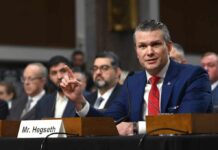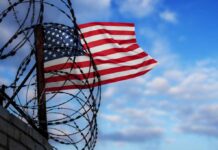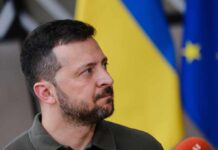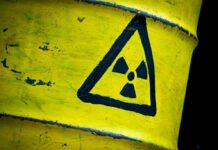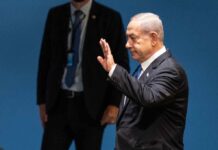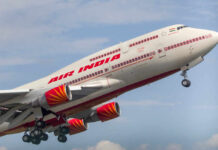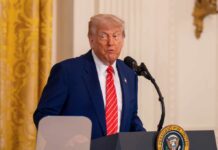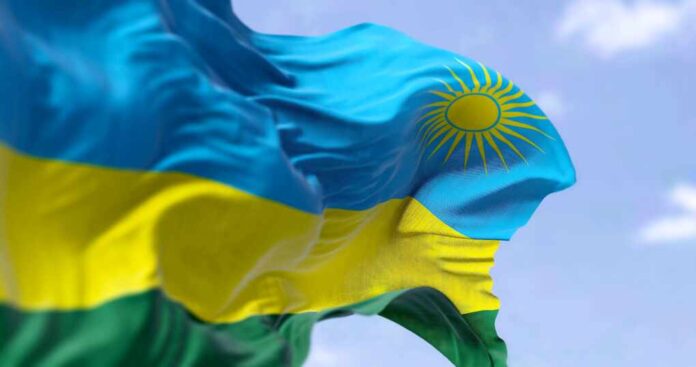
In a dramatic development on the international stage, Rwanda and the Democratic Republic of Congo have inked a historic peace agreement in Washington, promising to pull back from years of bloodshed.
At a Glance
- Rwanda and DRC signed a U.S.-mediated peace agreement to end decades-long conflict.
- The accord calls for halting support to insurgent groups and ending Rwanda’s defensive measures.
- The M23 rebel force, alleged to have links with Rwanda, captured territory in the DRC.
- An agreement was facilitated by the U.S., Qatar, and includes a joint security coordination body.
- It aims to secure access to significant mineral resources in the DRC, essential for advanced technologies.
Rwanda and DRC’s Pivotal Moment
Rwanda and the Democratic Republic of Congo have turned over a new chapter by signing a peace deal mediated by the United States and Qatar, ending a prolonged conflict that has claimed multitudes of lives. This agreement makes immediate demands on rolling back any state-backed support for guerrilla operations and concludes the endorsement of Rwanda’s defensive steps. The significance of the deal is immense, shifting the dynamics of this troubled region. The potential harmony offers a glimpse of hopeful bilateral relations, steering both countries toward peaceful coexistence and continuous collaboration.
Watch report: DRC, Rwanda to sign US-mediated peace deal
The agreement didn’t shy away from addressing grievances linked to the M23 rebel force, associated recently with the capture of territories such as Goma within DRC. Although Rwanda continues to renounce support for the militia, a call has been placed to end the existence of the FDLR, tied to the notorious events of the 1994 Rwanda genocide. Here’s a deal packed with promises and aspirations, alongside massive demands for both parties to execute their commitments diligently.
The Economic Imperative
As monumental as the strive towards peace may be, the economic undertones of this deal are too bold to ignore. President Donald Trump took the opportunity to reverberate the accord’s potential effects on securing U.S. mineral interests within the DRC. The region holds significant reserves, including lithium and cobalt, crucial components of burgeoning technological innovations. The intertwined evolution of peace and economy stands as an enthralling aspect of the accord, beckoning observers to watch how economic incentives influence regional harmony.
“Today, the violence and destruction come to an end, and the entire region begins a new chapter of hope and opportunity. This is a wonderful day.” – Donald Trump.
Despite international applause from figures like U.N. Secretary-General Antonio Guterres and French President Emmanuel Macron, Denis Mukwege’s criticism echoes the sentiment of overshadowed Congolese sovereignty. The lack of accountability mechanisms for previous rights violations raises concerns among global watchdogs, such as Physicians for Human Rights. Nevertheless, a joint security coordination body is set to keep a vigilant watch over progress, nurturing refugee return, and regional economic integration.
Global Reactions and Future Prospects
Placed under the aegis of the United States, Qatar, and the African Union, the peace agreement’s negotiation portrays a fine-tuned diplomatic success. Secretary of State Marco Rubio, present during the ceremony, illustrates the meticulous balance required to bring this agreement to fruition. An intricate play on geopolitics also emerges as both Rwanda and DR Congo seek U.S. favor, one with mineral deals and the other with deportation agreements concerning migrants. Past ventures with other countries, like Rwanda’s previously aborted migration deal with the UK, depict a complex landscape in international diplomacy.


